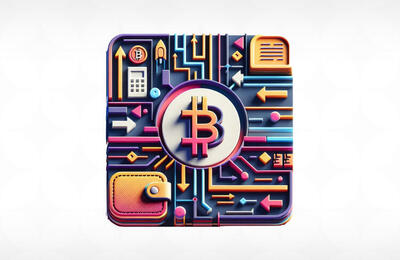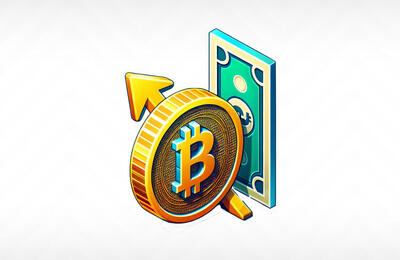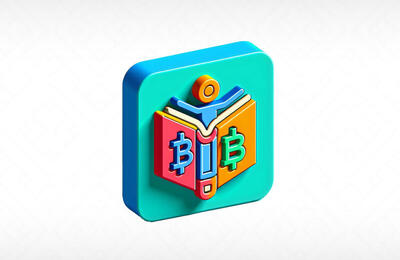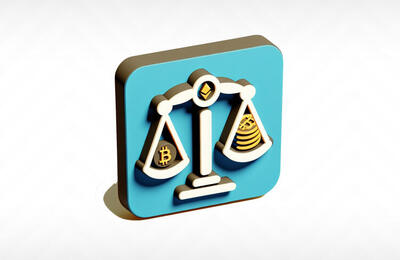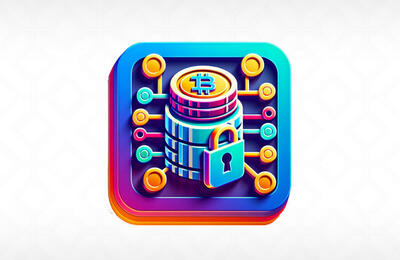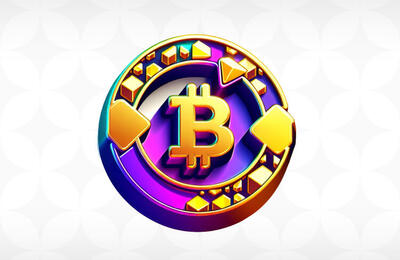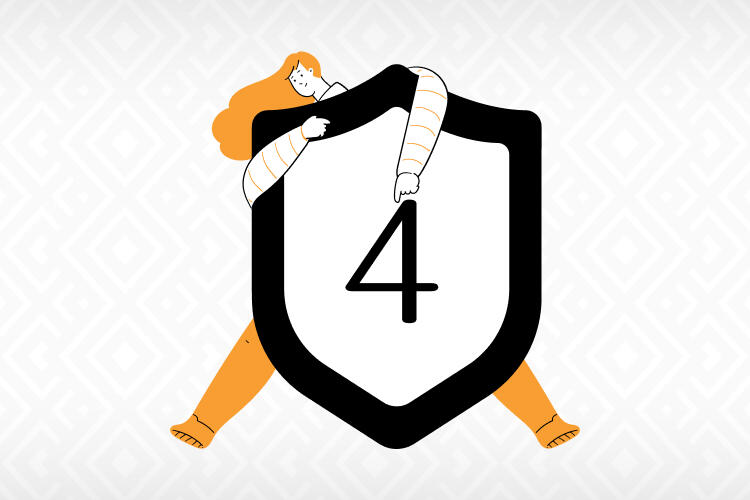
Privacy and anonymity are becoming crucial parts of our online presence. To access the internet anonymously is possible thanks to various anonymous services (Tor browser or Tails OS) and by following specific safety rules.
These days is even possible to host your data anonymously. Thanks to anonymous hosting services like Anonymous VPS hosting, you'll get the option to share your content without the possibility to link it back to you.
All these anonymous services either won't require registration or just need a minimum of your PII (Personally Identifiable Information).
Anonymous VPS offers an entirely anonymous hosting model based on anonymous sign-up and untraceable Bitcoin payments. Unsurprisingly, these anonymous hosting solutions have become quite demanding.
Anonymous hosting service presents the perfect and often the only choice for investigative journalists or whistleblowers, allowing them to host their findings anonymously. However, this anonymous hosting may offer even more, making this hosting solution perfect for any user looking for some extra privacy.
The fact is that even this anonymous hosting option requires constant attention, especially when it comes to cryptocurrency payments.
We all know how transparent standard FIAT payment methods might be. Therefore all these anonymous services utilize crypto payments gateways, providing a certain level of privacy. However, some basic rules must be followed to maintain this level of privacy.
This article is intended to assist you in safe and private Bitcoin purchasing and selling. We'll also address your most popular queries about the subject and offer some reliable sources to get you going.
Bitcoin and crypto payments
Bitcoin is more widely used than ever, with about 400,000 transactions. Even though Bitcoin fans have been buying and trading it since 2010, many prospective investors still find it bewildering.
For those unfamiliar with the world of cryptocurrencies: Bitcoin is a virtual currency primarily utilised for online trading and investing. Bitcoin operates on a decentralised system rather than being supported by the government. Users may either «mine» for coins or use conventional money to purchase them.
How is it with Bitcoins privacy? Is Bitcoin a genuinely anonymous payment method?
The fact is that the blockchain records every crypto transaction, so it would be more accurate to describe Bitcoin as pseudonymous.
Each cryptocurrency transaction creates a trail that includes information like the transaction ID and wallet address. The blockchain is a mechanism for storing data that makes alterations, hacking, and cheating difficult or impossible, which is where these data are kept.
The simplest definition of a blockchain is a network of computers that copies and disseminates a digital record of transactions throughout the whole network. Blockchain, or Distributed Ledger Technology (DLT), uses decentralisation and cryptographic hashing to make the history of any digital asset publicly visible.
Even if these crypto transactions don't contain any PII, once your wallet is linked to the actual person, each transaction done by this wallet won't be pseudonymous anymore.
Due to this fact, businesses like Chainalysis may be able to disclose the users behind these crypto transactions. Bitcoin offers a certain amount of anonymity, but if the actual person is connected to the cryptocurrency wallet, any transactions made by that wallet will expose that person.
How to Use Bitcoin Safely
The above-described anonymous services will get you the needed portion of privacy and anonymity. You can access the internet anonymously and host your data anonymously.
You can easily set up your anonymous hosting thanks to a simple sign-up process that won't demand sensitive information. The less personal information you disclose, the less your identity is revealed.
But talking about payments, your wallet can be the most vulnerable part in terms of anonymity and privacy.
To keep your crypto payments safe, these rules must be followed:
- Always keep your crypto wallet away from any services requiring the KYC procedure.
- Buy your crypto anonymously.
- For every transaction, use a new wallet address.
- Don't install the wallet for anonymous payments on your smartphone.
1. There are several reasons why you shouldn't link your bitcoin wallet to services that stick to the KYC requirements. If you connect your wallet to any crypto market account that requires KYC, your wallet is no longer anonymous. It's like attaching your ID to your wallet. If you already have some funds on these platforms, you can change them to anonymous coins like Monero and have them sent to a new wallet.
2. Never pay for Bitcoins using PayPal or a credit card. Instead, use some anonymous ways how to get your Bitcoin. You may still buy Bitcoins anonymously on several platforms by utilising cash or other deposit options.
3. In order to protect your identity, you should always generate a new Bitcoin address for each transaction you make. Additionally, you are free to use as many wallets as you need, making connecting your transactions impossible.
4. You can't be sure how secure the network used by your phone might be. It is not advised to broadcast your transactions from your smart device, especially when connected to unsecured wifi networks.
In Conclusion:Following the above-described steps and paying extra attention when setting cryptocurrency transactions won't risk losing your privacy and anonymity. Online anonymity is well valued and, in many cases, even life protecting.


